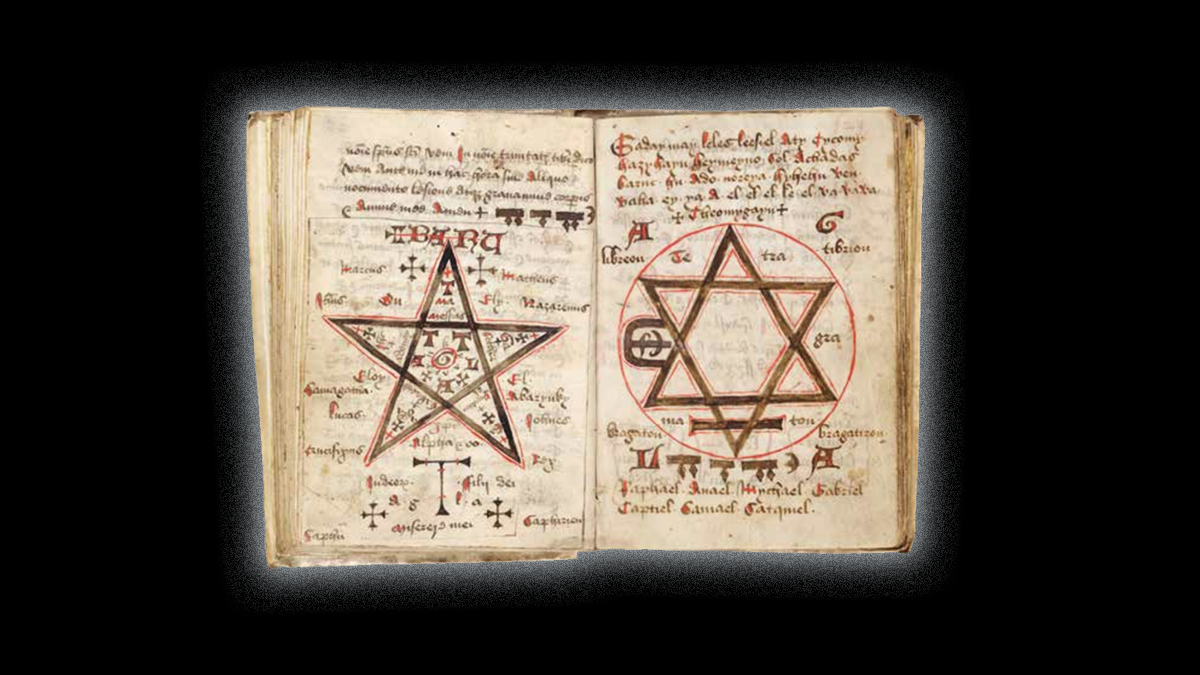Tribe talks about significant eras of Supreme Court history and how the Constitution was interpreted.
Topic: The Supreme Court: 1937-1987
Laurence Tribe: Well I think there was a phase in American life – lasted probably from about 1937 to 1987 – when the better angels of our nature expressed through the more aspirational provisions of our Constitution were somewhat aligned with the trajectory of judicial appointment; sometimes almost by accident when someone like Brennan is put on the Supreme Court by Eisenhower. It was because he was a Catholic from the northeast and that’s what Eisenhower wanted. It wasn’t because Eisenhower wanted a liberal architect of jurisprudence. When Eisenhower put Warren on the Court, it wasn’t because he wanted someone who would sort of gather the court together and with his almost central casting presence as Chief Justice manage to move the court in the direction of greater fairness. It’s that he wanted … wanted, you know, this great republican from California out of the way in national politics. And he thought a good place to put him would be in the Chief Justice’s seat. So there were some accidents. The only deliberate appointment of someone who was understood to be a liberal, and appointed partly for that reason, was L.B.J.’s appointment of Thurgood Marshall, probably the greatest lawyer of the 20th century to be a justice of the Supreme Court. So for reasons partly accidental, partly intentional, the Court occupied a place where it could make a significant difference in terms of reading the Constitution in a way that I think reflected the best instincts of those who wrote and ratified it. And I do believe that even though some of them were slave owners, that they had some good instincts. And that the Civil War transformed the Constitution in dramatic ways; making it a document which, rightly read, is genuinely progressive. Now that era is over.





